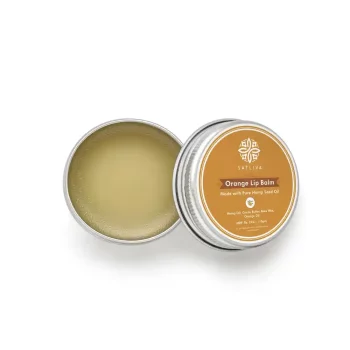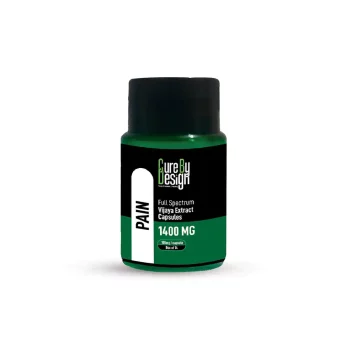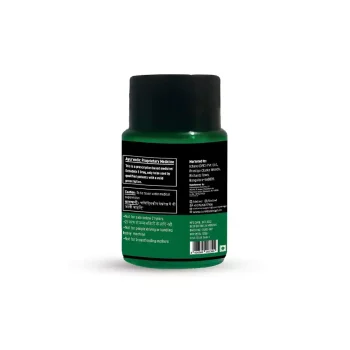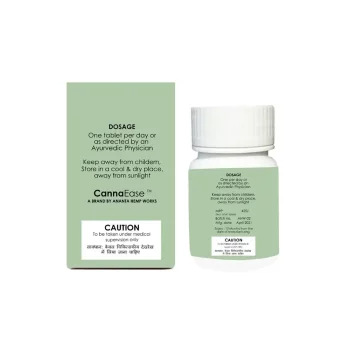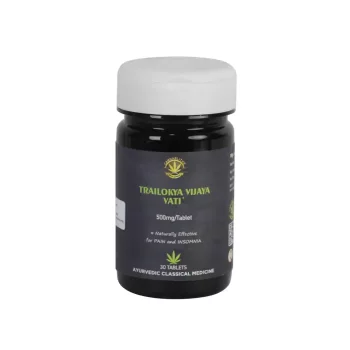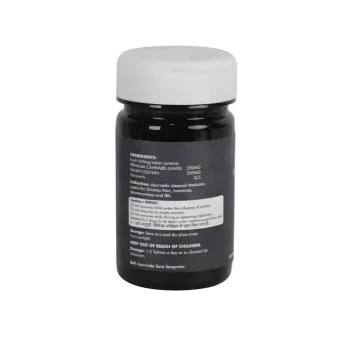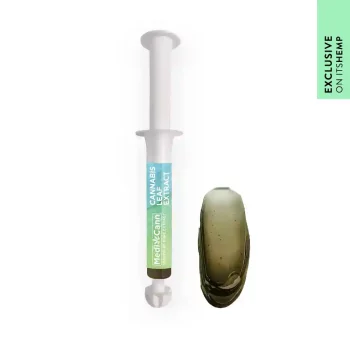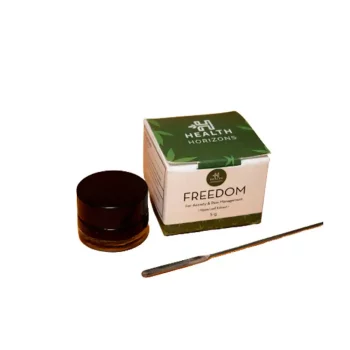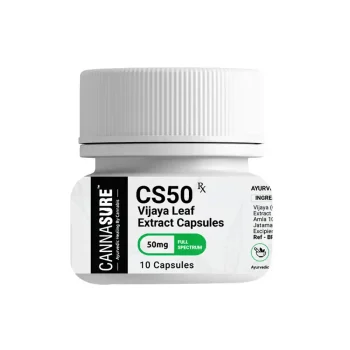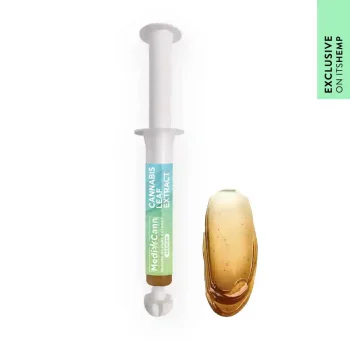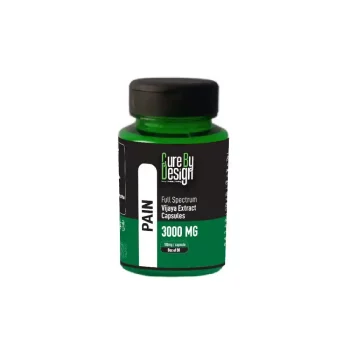Showing 1–12 of 192 results
What is Cancer?
The word Cancer denotes any one of a large number of diseases characterized by the development of abnormal cells that divide uncontrollably and have the ability to infiltrate and destroy normal body tissue. Cancer often has the ability to spread throughout your body.
Cancer develops when the body’s normal control mechanism stops working. Instead of dying, old cells grow out of control and form new, abnormal cells. These extra cells may form a mass of tissue called a tumour. However, some cancers like leukaemia, myeloma, and lymphoma, do not form tumours.
There are more than 200 different types of cancer.
What is vaginal and vulvar cancer?
Vaginal cancer is a rare type of cancer that starts in the cells of the vagina, which is the muscular tube that connects the uterus to the outside of the body. The exact cause of vaginal cancer is unknown, but risk factors include a history of cervical cancer, human papillomavirus (HPV) infection, smoking, and a weakened immune system.
Vulvar cancer is a type of cancer that occurs on the outer surface of the female genitalia. The exact cause of vulvar cancer is also unknown, but risk factors include HPV infection, smoking, a weakened immune system, and a history of precancerous conditions of the vulva.
Symptoms of vaginal and vulvar cancer can include:
- Abnormal vaginal bleeding or discharge
- Pain during intercourse
- Painful urination
- Itching or burning in the genital area
- A lump or bump on the vulva or in the vagina
- Changes in the colour or texture of the skin in the genital area.
What causes Vaginal and Vulvar cancer?
Cancer is caused by changes or mutations to the DNA within cells. The DNA inside a cell is packed into a large number of individual genes each of which contains a set of instructions that tell a cell what functions to perform and how to grow and divide.
Errors in these instructions can cause the cell to stop its normal function and may allow a cell to become cancerous.
The exact causes of vulvar and vaginal cancer are not fully understood, but there are several risk factors that have been associated with an increased risk of developing these cancers:
- Human papillomavirus (HPV) infection: HPV is a sexually transmitted virus that can lead to the development of certain cancers, including vulvar and vaginal cancer.
- Age: As with many types of cancer, the risk of developing vulvar and vaginal cancer increases as a woman gets older.
- Smoking: Women who smoke are at an increased risk of developing vulvar and vaginal cancer.
- Chronic vulvar or vaginal inflammation: Chronic inflammation of the vulva or vagina, such as that caused by a history of sexually transmitted infections, can increase the risk of developing cancer.
- Immune system suppression: Women with weakened immune systems, such as those with HIV/AIDS or who are taking medications to suppress their immune system, may be at an increased risk of developing vulvar and vaginal cancer.
- Genetics: There may be a genetic component to the development of vulvar and vaginal cancer, as some women with a family history of these cancers may be at an increased risk.
How does Cannabis medicine help with Cancer?
NOTE: Cannabis medicine should not be considered as a cure for cancer.
The therapeutic and medicinal benefits of Cannabis medicines can help provide relief from symptoms and complications caused by cancer and/or cancer treatments.
There has been a lot of interest in whether cannabinoids might be useful as a cancer treatment. The scientific research conducted so far has been laboratory research with results showing that different cannabinoids can:
- Block cell growth
- Cause cell death
- Reduce inflammation
- Stop the development of blood vessels that are needed for tumours to grow
- Reduce the ability of cancer to spread.
one of the compounds of cannabis, Cannabidiol (CBD) is studied for cancer-related treatment. It has been found to be non-intoxicating in nature and provides a broad spectrum of medicinal properties that can help relieve pain, nausea, vomiting, indigestion, skin pigmentation, and other complications caused by cancer and/or cancer treatments.
There is solid evidence in support of the idea that cannabinoids can reduce tumour growth in animal models of cancer. CBD may also increase the potency of certain drugs used to treat cancer.
Research on CBD Oil and Cancer
- The results of a 2019 study indicated that CBD could induce cell death and make glioblastoma cells more sensitive to radiation without any effects on healthy cells.
- A 2019 review of in vitro and in vivo studies focusing on pancreatic cancer revealed that cannabinoids, such as CBD, can help slow the growth of a tumour, reduce tumour invasion, and induce tumour cell death. However, the authors of the study also wrote that research into the efficacy of different formulations, dosing, and precise mode of action is lacking and urgently needed.
- A large, long-term study of men found that the use of cannabis may be inversely associated with the risk of bladder cancer. That said, a cause and effect relationship has not been established.
- A 2014 review of 35 in vitro and in vivo studies found that cannabinoids prove to be a promising compound in the treatment of gliomas.
- A 2014 study in experimental models of colon cancer in vivo suggested that CBD may stop the spread of colorectal cancer cells.
- A 2010 research demonstrated the efficiency of CBD in preclinical models of metastatic breast cancer. The study found that CBD considerably reduced breast cancer cell proliferation and invasion.
Potential Benefits of Cannabis Medicine for cervical cancer
- Anti-tumour effects: Cannabinoids, which are compounds found in cannabis, have been shown to have anti-tumour effects in preclinical studies. These studies suggest that cannabinoids may be able to slow the growth and spread of cancer cells.
- Pain relief: Cannabis and its derivatives have been used for many years to treat pain, including pain associated with cancer. For people with Vaginal and vulvar cancer, cannabis medicine may provide relief from pain and discomfort associated with the disease and its treatment.
- Anti-inflammatory effects: Some cannabinoids have been shown to have anti-inflammatory effects, which may be helpful in the treatment of Vaginal and Vulvar Cancer. Chronic inflammation is thought to play a role in the development and progression of many types of cancer, including Vaginal and Vulvar Cancer.
- Appetite stimulation: People with Vaginal and Vulvar Cancer may experience a loss of appetite due to the disease and its treatment. Cannabis medicine has been shown to stimulate appetite, which may be helpful for people with Vaginal and Vulvar Cancer who are struggling to eat.
- Anxiety and depression relief: A cancer diagnosis and treatment can cause anxiety and depression in some people. Cannabis medicine has been shown to have calming and mood-elevating effects, which may be helpful in relieving anxiety and depression in people with Vaginal and Vulvar Cancer.

